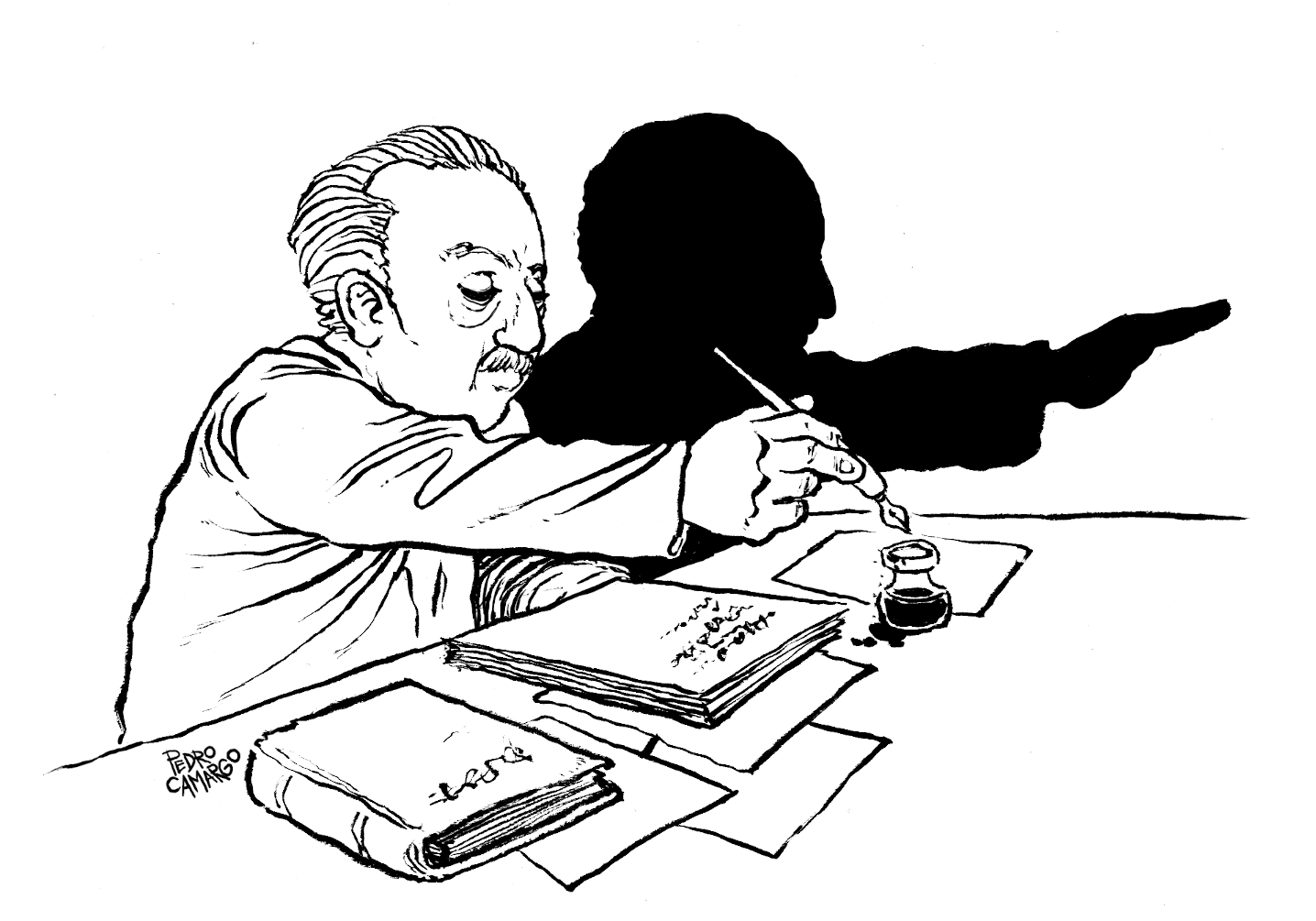Review: Benjamin Heim Shepard’s Sustainable Urbanism and Direct Action: Case Studies in Dialectical Activism (Rowman & Littlefield: 2021)
Benjamin Heim Shepard’s Sustainable Urbanism and Direct Action opens with a tribute to German philosopher and cultural critic Walter Benjamin, but it is Dutch cultural historian Johan Huizinga whose ludic spirit pervades this carnivalesque chronicle of creative civic activism in the belly of the beast that is New York City. Shepard’s method and mode are less dialectical than unabashedly ludic – joyful, playful, spontaneous, improvisatory and erotic. Though he can adeptly speak the professional languages of sociology, labor history, and political science, he is more like Elvis impersonator-meets-Holy Roller Reverend Billy Talen or gonzo cycling activist Mellow Yellow or theatrical provocateur Judith Malina or a score of other fellow activists in these pages, a Whitmanesque flaneur seeking contact with the throbbing, fragile, gossamer heart of the monster city. Shepard is an urban thigmotrope seeking intimate and fraternal contact with his fellow lovers of public space, of freedom, of democracy. An acute listener, he catches the cadence of a colorful cohort of civic storytellers whose tales make for an inspiring micro-history of the moment stretching from the Tompkins Square Riot of 1988 to 2020’s Plague Year.

“More ass, less gas!” “More nude, less rude!” chant the bicyclists of the World Naked Bike Ride, just one of dozens of fantastic episodes of civic street theater chronicled in Sustainable Urbanism. The metamorphic coalition of community gardeners, anarchists, queer rights champions, social workers and utopian dreamers are united in their intuitive fidelity to mutual aid and an ethos of creative DIY. Within this recent history of sustainable urbanism there is an even more poignant and palpable history of conversation, of street talk leading to concerted action to make NYC more humane, a graceful place of love and hope instead of a cynical mega-machine of exploitation. There is almost a formula embedded in these pages, which catch the alchemy of conversation, action, and strategy simply by paying close attention to the qualities of people brave enough to act against all odds.
Long confined to Arcadia, Eros turns out to be an effective and potent muse and idol in America’s largest city. Poetry, pranks and play draw upon her powers to enliven and enlighten every dark and contested corner of the city and its embattled souls. Shepard gives us an erotic urban tool kit of seed bombs and paper airplanes and satirical costumed pantomime and bicycles – always bicycles! This participant observer’s deft ethnography weaves through recent battles over Gotham’s commons like a bike messenger flying down 7th Avenue at rush hour. The book shares the spirit of the sound bikes and chants and dances in the pageant of mostly ephemeral coalitions – the Library Lovers League; Occupy Wall Street; Bike Bloc; Critical Mass; Times Up!; Flood Wall Street; ACT UP; the Billionnaires; Common Ground Collective – that it describes, inviting bystanding spectators – and readers – to joyfully join the fray and become full-blown civic actors.
Shepard’s fleeting but poignant glimpse of his own biography as a grade school Ritalin addict goes a long way to compassionately and compellingly universalizing this tender manifesto’s call to Eros over Thanatos. Against the anti-pleasure ideology embedded in NYC’s institutions of power and control, he offers a sexy siren call to the living theater of truly engaged urban life. “We are not on drugs, we are the drugs!” shouts a member of one pleasure-making mob summoning itself against the city’s desert of the real. Sustainable Urbanism’s embodied model of urbanism is a testament to the redemptive power of love and friendship, a wild and inviting masquerade in a time of suffocating masks.

